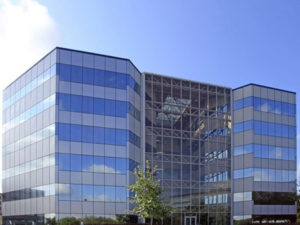Industry sources say the uptake of methanol bunkers will be largely dictated by commercial considerations.
As tightening environmental regulations lead the shipping industry to explore the use of alternatives to conventional bunkers, industry sources, speaking at an event Friday jointly hosted by IBIA Asia, Lloyds Registrar and Methanol Institute, suggested that the use of methanol as marine fuel will be largely dictated by commercial considerations, Platts reports.
As more methanol plants come into operation and additional storage capacities are realised, conversion costs for methanol are said to be expected to fall, spurring further uptake in the process, which could be intensified alongside higher crude oil prices.
Bengt Ramne, managing director at ScandiNAOS AB (ScandiNAOS), explained that while the cost of liquefied natural gas (LNG) production is less expensive than that of methanol, other benefits of methanol may provide a boost to its demand.
“The production cost of methanol is about 50 percent higher than that of LNG. However, the distribution chain of methanol is much simpler as it requires no additional investment — special vessels or storage terminals,” said Bengt Ramne, managing director at ScandiNAOS AB (ScandiNAOS).
“LNG, on the other hand, requires expensive sophisticated deep sea vessels, import and re-export terminals, LNG coastal feeder vessels, local LNG terminals and storage, and LNG bunker vessels.”
Ramne says that, because LNG is subject to a costly distribution chain, cost difference at the production facilities is negated during the distribution process.
Further, Ramne explains that conversion costs required to use methanol as fuel are about a third of those of LNG.
While speakers at the event agreed that gasoil is expected to be the dominant shipping fuel in the future, low sulfur fuel oils and hybrids are expected to play a larger role in the marine fuel market, especially from 2020, when a global 0.50 percent global cap on sulfur in bunkers will be implemented.
“Increased use of methanol will also take time as the use of scrubbers is expected to accelerate,” said an industry source, adding: “people will have too many choices and may end up choosing just plain vanilla.”
In May, the European Commission (EC) said a study from the Joint Research Centre (JRC) showed that fuels such as LNG and methanol are “the most promising” alternatives to conventional bunkers for reducing shipping sector emissions.
Ship & Bunker News Team
To contact the editor responsible for this story email us at editor@shipandbunker.com

